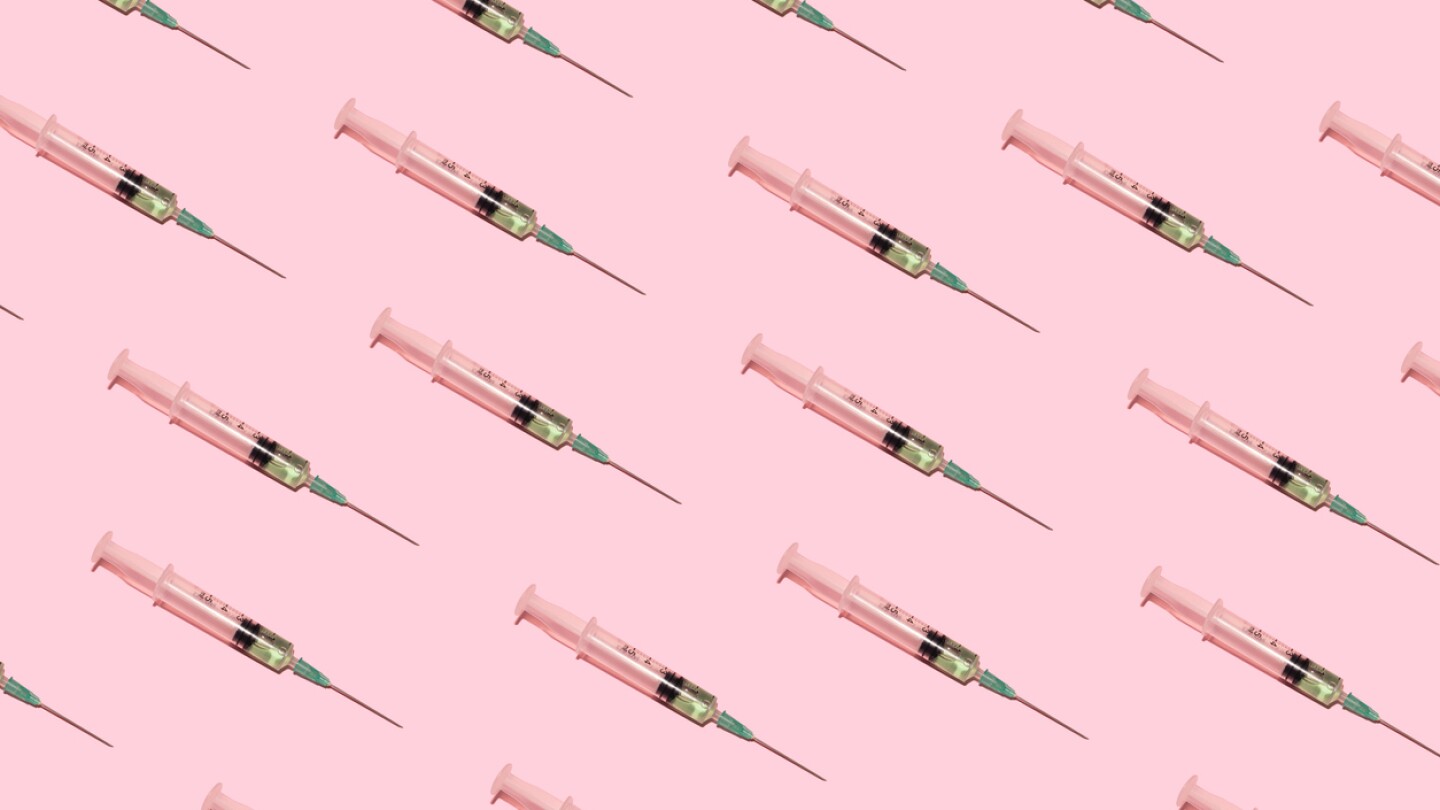Vaccines
The settlement, which requires Moderna to pay the plaintiffs $950 million upfront plus up to $1.3 billion in contingent commitments, is an outcome “better than feared,” according to analysts.
FDA decisions lack majority consensus, experts agree, possibly leading to less nuanced verdicts on new drug applications. This type of “fiat” decision-making, as multiple regulatory experts have called it, is also bleeding into the agency’s policymaking.
One of the two new members of the CDC’s Advisory Committee on Immunization Practices questioned the safety of COVID-19 vaccines before the Texas Senate in 2021.
The CDC’s changes threaten to cut vaccine sales for makers including Pfizer, Moderna, Merck and more, but a legal expert suspects affected manufacturers will stay on the sidelines rather than back a push to declare the revised schedule unlawful.
The rescheduling of the Advisory Committee on Immunization Practices comes amid fresh leadership upheaval at the CDC as NIH director Jay Bhattacharya replaces Jim O’Neill as acting head of the agency.
In August last year, the Health Department cut around $500 million in mRNA research funding, with Health Secretary Robert F. Kennedy Jr. saying the agency would instead divert the money “toward safer, broader vaccine platforms.”
The disagreement between Moderna and the FDA has reached a resolution just eight days after the biotech received a Refusal-to-File letter in response to its application for mRNA-1010. Moderna will now seek approval of the vaccine based on age.
Arbutus alleges that Moderna’s COVID-19 vaccine infringes on patents protecting its lipid nanoparticle delivery technology.
The FDA outright refuses to review Moderna’s mRNA-based flu vaccine as CBER director Vinay Prasad’s conduct is scrutinized; Disc Medicine receives an unexpected rejection, which Prasad may also have had a hand in; Compass Pathways posts new late-stage data on its psilocybin-based depression drug; CDC is once again leaderless.
Competing with giants like Takeda and Moderna, the plucky biotech believes it has unlocked a future with an easy, yearly oral vaccine.
PRESS RELEASES










